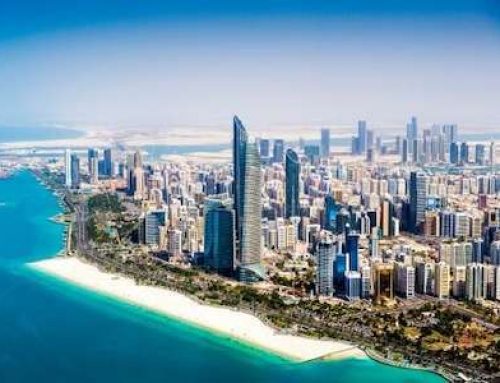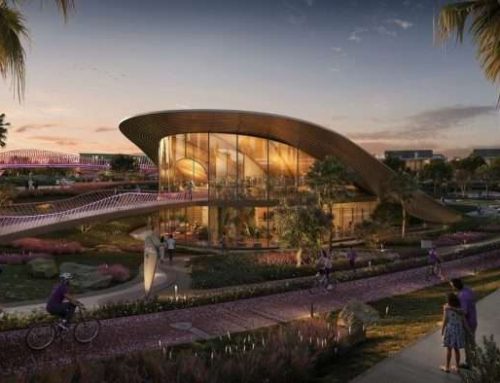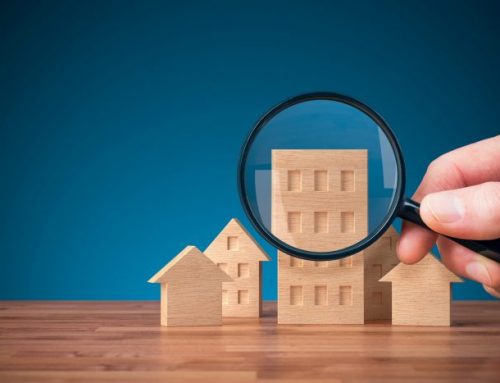UAE Real Estate Market Cycles Unveiled

In the world of real estate, understanding market cycles is crucial for investors, homebuyers, and industry professionals.
The United Arab Emirates (UAE), with its dynamic and ever-evolving real estate sector, is no exception.
Let’s take a closer look at real estate market cycles in the UAE to help you make informed decisions.

What Are Real Estate Market Cycles?
- Real estate market cycles refer to the recurring patterns of growth, stability, decline, and recovery in property markets. These cycles are influenced by various economic, social, and political factors and can have a significant impact on property values, demand, and investment opportunities.
The UAE’s Real Estate Market Cycles
The UAE’s real estate market has experienced several cycles over the years. To understand these cycles, we can break them down into four key phases:
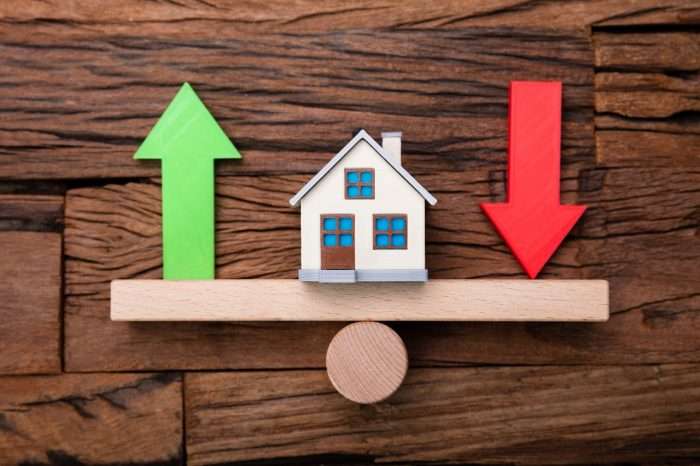
Expansion Phase
- During this phase, the real estate market experiences robust growth.
- Factors like population growth, economic stability, and infrastructure development drive demand for properties.
- Developers are highly active, launching new projects, and property prices tend to rise.
Peak Phase
- This is the phase when the market reaches its highest point.
- Property prices are at their peak, and investors are keen to buy.
- Speculation may become rampant, and there’s a sense of urgency to enter the market.
Contraction Phase
- After the peak, the market enters a contraction phase.
- Demand starts to wane as property prices become unaffordable.
- Developers may slow down on new projects, leading to a surplus of available properties.
Trough Phase
- The market hits its lowest point in the trough phase.
- Property prices drop, and some investors may face difficulties.
- However, this phase can present opportunities for savvy investors looking for bargains.
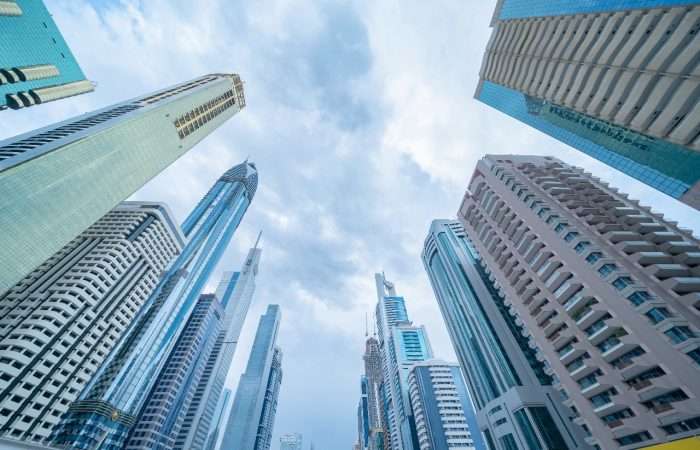
Factors Influencing Market Cycles in the UAE
Several factors influence real estate market cycles in the UAE:
- Economic Conditions: Economic growth, job opportunities, and GDP performance impact the demand for properties.
- Government Policies: Changes in property laws, taxation, and foreign ownership rules can have a significant influence.
- Global Economic Trends: Global events and economic conditions can affect investor confidence and foreign investment.
- Infrastructure Development: The launch of mega-projects and infrastructure improvements can drive market growth.
- Tourism and Events: Tourism and large-scale events, such as Dubai Expo 2020, can boost demand.

Making Informed Decisions
To navigate the UAE’s real estate market effectively, it’s important to stay informed about current market conditions and trends. Here are some tips:
- Research: Keep a close watch on market reports, economic news, and property listings.
- Consult Experts: Work with real estate agents and advisors who understand the local market.
- Diversify: Consider diversifying your investments across different property types and locations.
- Long-Term Perspective: Avoid making impulsive decisions during market peaks and troughs. Think long-term.
Real estate market cycles in the UAE are a natural part of the property landscape.
Understanding these cycles, their driving factors, and how to respond to them is essential for success in the market.
By staying informed and making strategic decisions, you can make the most of the UAE’s dynamic real estate sector.

